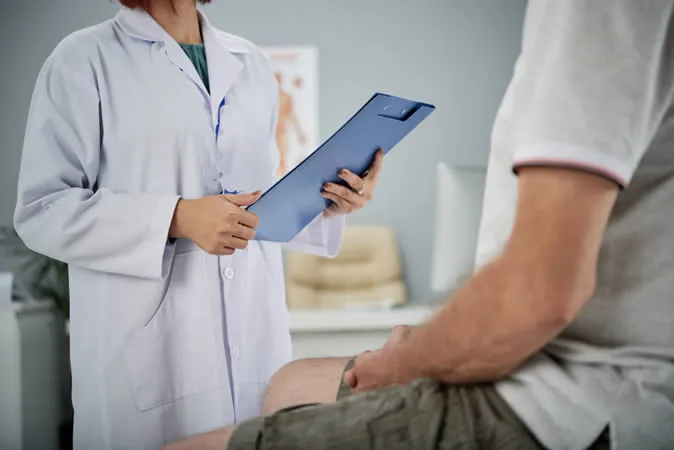What is Lichen Planus?
Lichen planus is a condition that affects the skin, hair, nails, mouth and genitals. It causes purple, itchy, flat bumps on the skin and white patches or sores in the mouth and genitals. It is an autoimmune disorder, which means the immune system attacks the cells of the skin and mucous membranes. The exact cause of lichen planus is unknown, but it may be related to genetic factors, stress, infections, allergies or drugs. Lichen planus is not contagious and cannot be passed from one person to another. It can be treated with medicines and other therapies to relieve the symptoms and prevent complications.

What are the signs and symptoms of Lichen Planus?
Some of the common signs and symptoms of lichen planus are:
- Purple, shiny, flat bumps on the skin, often on the inner forearms, wrists or ankles. These bumps may have tiny white lines running through them, called Wickham’s striae.
- Itching, pain or blisters on the affected skin areas.
- Lacy white patches, redness, swelling, peeling or sores on the mouth and genitals.
- Ridges, grooves, splitting, thinning or loss of nails.
- Redness, irritation, tiny bumps, thinning hair, patches of hair loss or scars on the scalp.
What are the causes of Lichen Planus?
The causes of lichen planus are not fully understood, but it is believed to be related to the immune system. Lichen planus is a condition where the immune system mistakenly attacks the cells of the skin or mucous membranes, causing inflammation and rash. The reason why the immune system does this is unknown, but it may be influenced by genetic factors, environmental factors, or certain triggers. Some of the possible triggers of lichen planus are:
- Hepatitis C infection.
- Pain relievers and other medicines.
- An allergic reaction to the metal in dental fillings.
Lichen planus is not contagious and cannot be passed from one person to another.
What treatments are available at the dermatologist for Lichen Planus?
Some of the treatments that are available at the dermatologist for lichen planus are:
- Corticosteroids: These are medicines that reduce inflammation and redness. They can be applied to the skin as creams or ointments, or taken as pills or injections.
- Oral anti-infection drugs: These are medicines that fight infections that may trigger or worsen lichen planus. Examples are hydroxychloroquine (an antimalarial drug) and metronidazole (an antibiotic).
- Antihistamines: These are medicines that relieve itching by blocking the effects of histamine, a chemical released by the immune system during an allergic reaction.
- Light therapy: This is a treatment that exposes the affected skin to ultraviolet B light, which can help clear up lichen planus. It may cause some side effects such as skin color changes or sunburn.
- Tacrolimus ointment or pimecrolimus cream: These are medicines that are used to treat eczema, another skin condition. They may also help with lichen planus by suppressing the immune system and reducing inflammation.

FAQ About Lichen Planus
How is lichen planus diagnosed by a doctor or a dermatologist?
Lichen planus is diagnosed by a doctor or a dermatologist based on the appearance of the skin or mucous membranes and the medical history of the patient. The doctor may also perform some tests to confirm the diagnosis or rule out other conditions that may look similar to lichen planus.
Who is at risk of getting lichen planus?
Anyone can develop lichen planus, but it is more common in middle-aged adults, especially women. It is also more likely to affect people who have a family history of the condition, or who have other autoimmune diseases.
Is lichen planus contagious?
No, lichen planus is not contagious. You cannot catch it from or spread it to another person.
Is lichen planus related to cancer?
Lichen planus is not a cancerous condition, but it may increase the risk of oral or genital cancer in rare cases. Therefore, it is important to have regular check-ups with your doctor if you have lichen planus of the mouth or genitals.
Is there a dermatologist near me in Littlerock that offers treatment for Lichen Planus?
Yes. At our Littlerock dermatology office we offer treatment for Lichen Planus to patients from Littlerock and the surrounding area. Contact our office today to schedule an appointment.

